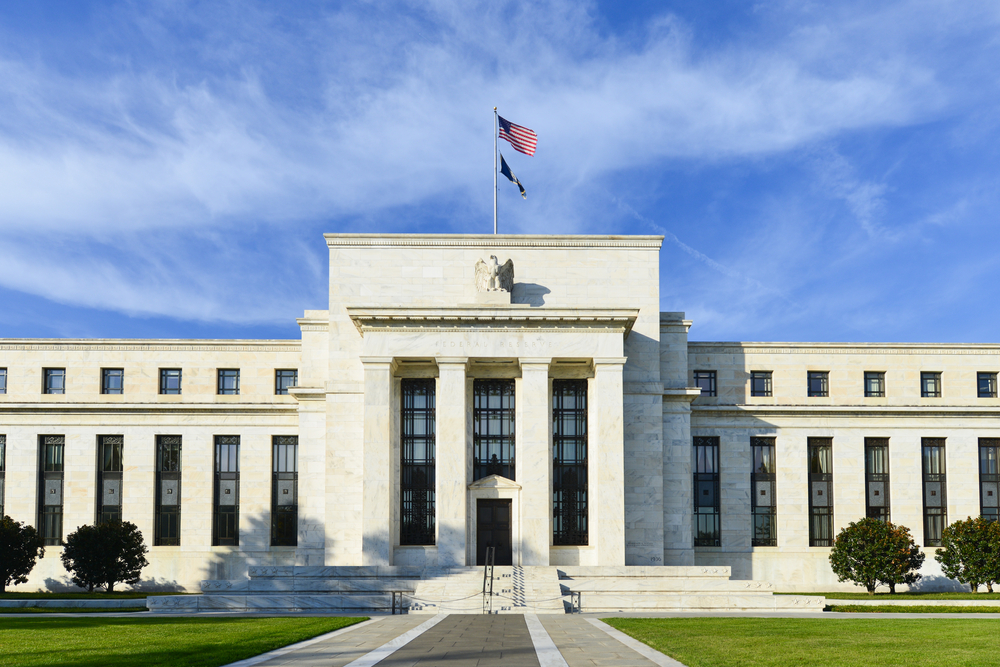The House Monetary Policy and Trade Subcommittee examined the impact the Federal Reserve’s governance structure and mandate have on the economy.

“Unsustainable spending of other peoples’ money, coupled with the most interventionist of monetary policies, left us with a persistent economic funk. The answer cannot lie with doing even more of the same,” Subcommittee Chairman Andy Barr (R-KY) said. “Monetary policy can and should serve as a reliable foundation for growing economic opportunities. But it cannot do so without a more productive governance structure – a structure that holds the Fed to account for only what it can do, and insulates monetary policy from political pressures to do what it can’t.”
Expert witness Charles Calomiris, the Henry Kaufman Professor of Financial Institutions at the Columbia Business School, said reforms are necessary.
“The continuing susceptibility of the Fed to bad thinking and politicization reflects deeper structural problems that need to be addressed,” Calomiris said. “Reforms are needed in the Fed’s internal governance, in its process for formulating and communicating its policies, and in delineating the range of activities in which it is involved.”
Mickey Levy, chief economist for Americas and Asia at Berenberg Capital Markets, said the Fed’s large balance sheet has many downsides.
“It does not stimulate economic growth or increase bank lending. Arguments that the outsized balance sheet improves financial stability and the monetary policy transmission mechanism are a stretch,” Levy said. “The Fed’s policies reduce the government’s net cash flow debt service, but its enormously long duration portfolio exposes the government and taxpayers to potentially costly interest rate risk. This false impression of riskless deficit reduction encourages misleading and inappropriate budget tactics and exposes the Fed to potentially troublesome politics that could harm its credibility and jeopardize its independence.”